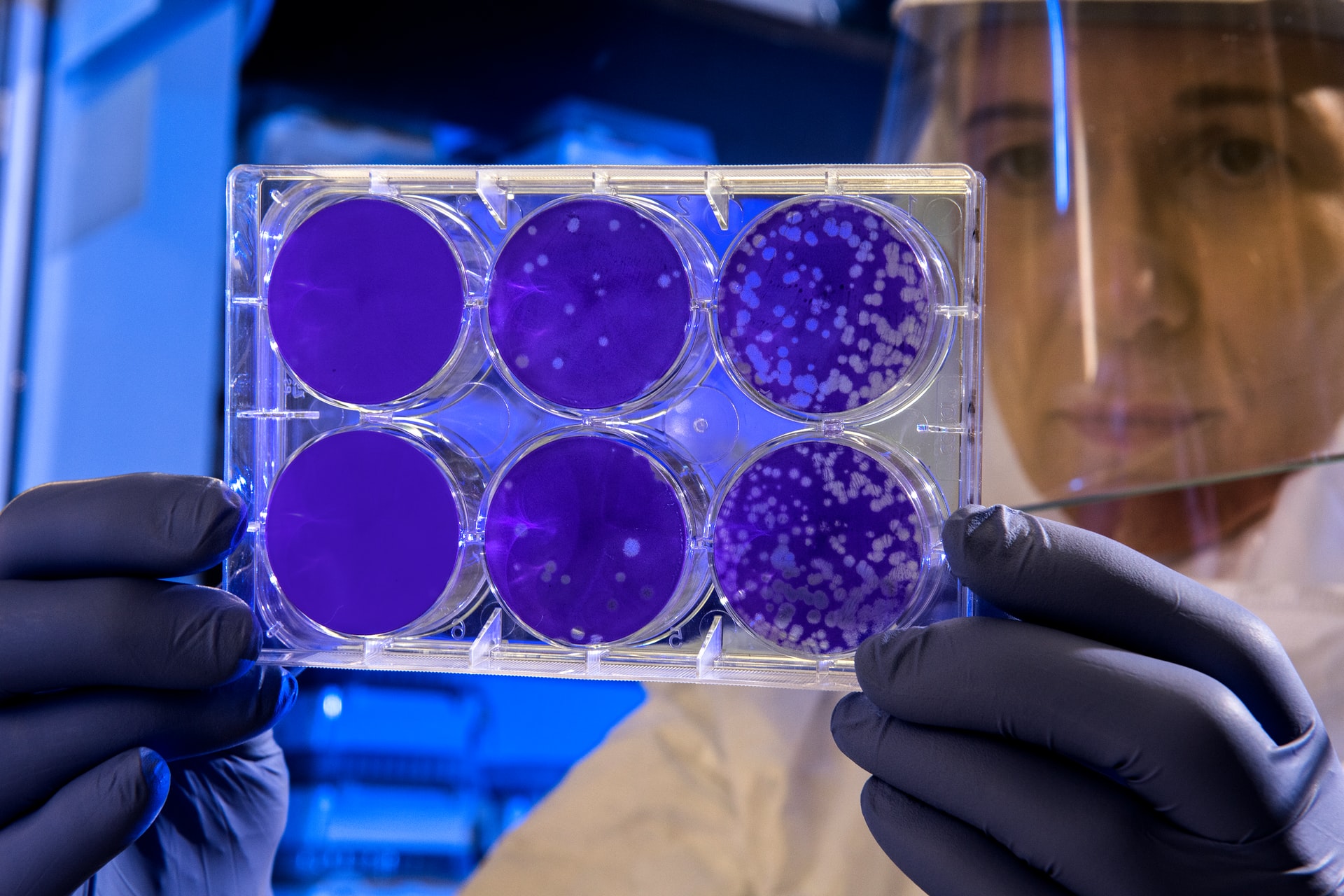The world’s longest study may give insight to help the world with the global battle against the coronavirus. The study was carried out on the survivors of the Ebola virus is by Guinean and British scientists. They discovered that a person can achieve immunity to the lethal Ebola virus for years after they first caught the infection. The findings of the study however could give some base for coronavirus immunity research.
Ebola virus was part of one of the worst outbreaks to originate in West Africa from the years 2013 to 2016. The study which was carried out on the survivors of this lethal disease became not only the world’s longest study but also the most comprehensive one at that. It gives cause for hope that it could offer an insight into understanding coronavirus immunity as well as immunity to other different zoonotic illnesses.
One of the latest coronavirus studies has suggested that antibodies to the virus may only be in a person’s body for just 2 months. This leads experts to question whether immunity to the lethal coronavirus may not last very long and even if people recover from the disease they can fall ill again which would prove detrimental to their health.
Also Read: The Novel Coronavirus May Have Been in the US Since Christmas, Study Suggests
The team on the earlier study, the scientists from Guinea discovered that survivors of the Ebola virus sometimes did not show any antibodies 3 months after being infected even though their bodies would have needed a major immune response to beat the lethal disease.
According to the findings from the study that are now published in The Lancet Infectious Diseases Journal, these patients did however retain the capacity to combat any reinfection risk that could occur because they had several T cells which is a type of killer white blood cells that signal response to the immune system.
They also have B cells in the body that are responsible for memorizing the strategic plan to fight a specific pathogen and also to speedily supply antibodies once the cells are activated again.
The latest coronavirus tests however only test for antibodies and not for B or T cells which means we would not know if our bodies are memorizing a battle plan for possible reinfection from the same disease.
Miles Carroll is a lead author of the report. He is a professor at the University of Oxford. He explains that a person does not necessarily need to present detectable antibodies to show that their body has developed immunity to a certain infection.
The study is one of its kind even on a global scale and therefore is helping scientists make unique assessments about antibodies and T cell responses by acquiring samples of blood coming from as long as 3 years from 66 contacts, 117 survivors, and 23 control negative subjects in the areas of Guinea.
The important takeaways from the study are that 95% of those that survive the Ebola virus had not only antibodies but also T cell responses to the lethal virus and these cells showed no signs of decrease for as long as three years after being infected. This means that immunity acquired naturally by these individuals gives them a defense mechanism ten times higher than that provided by the Ebola Vaccine alone.
The interesting thing to note is that even then the vaccine had been successful in protecting people during the recent 2018-19 outbreak in Africa.
The study suggests that scientists should try looking at the entire pathogen when looking to develop vaccines and not only the parts that are visible on the surface. Developing a better understanding of the pathogen itself may therefore provide hope for global coronavirus immunity.


